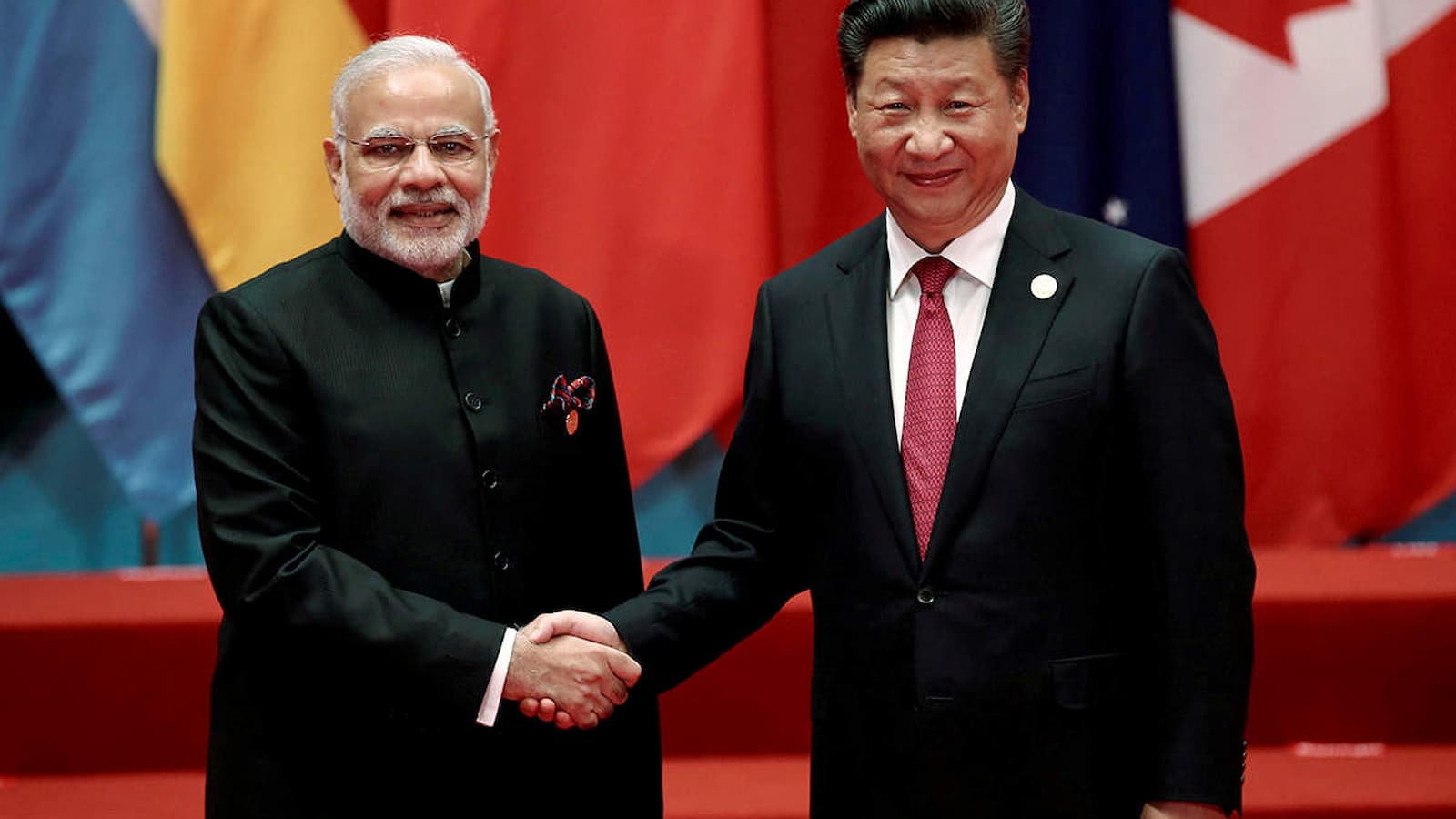China Bilateral Ties with India: China has stated that it is willing to work with India to strengthen bilateral ties, stressing that border problems between the two nations “should be handled properly.” The representative for the Chinese embassy in India made this statement not long after Narendra Modi took the prime ministership again, albeit with a smaller majority.
A stable relationship between China and India is crucial, the spokesman emphasized, as it is “in the interest of both countries and conducive to peace and development in this region and beyond.” The Chinese embassy in India uses Platform X, where the statement was placed.
China also emphasized that a stable relationship is “in the interest of both countries and conducive to peace and development in this region and beyond,” according to a post on X by the spokeswoman for the Chinese embassy in India.
Relevant border matters ought to be appropriately managed. It is in the best interests of both nations and beneficial to regional and global peace and development to have a strong and stable partnership between China and India. The Chinese Embassy’s Spokesperson in India tweeted, “China is willing to work with India to push forward bilateral relations in the right direction.”
— ChinaSpox_India (@ChinaSpox_India)
The announcement from the embassy was made the day after Subrahmanyam Jaishankar, India’s minister of external affairs, reiterated his commitment to “finding a solution for the border issues” with China.
According to Jaishankar’s statement on June 11, India will concentrate on settling the outstanding concerns along the Line of Actual Control (LAC) with China. This is in the midst of a four-year-old border dispute in eastern Ladakh that has severely strained relations between the two superpowers of Asia. Not long after assuming leadership of the Ministry of External Affairs (MEA) for a second term, Jaishankar stated that efforts would be taken to address the challenge of cross-border terrorism from Pakistan, stating that it “cannot be the policy of a good neighbour.”
Indian-Chinese relations following border disputes
Since the tragic border confrontations in 2020 that claimed the lives of at least 20 Indian soldiers and an unknown number of Chinese people, relations between China and India have been tense. Relations are still strained, despite numerous rounds of military and diplomatic talks intended to reduce tensions.
Premier Li Qiang of China recently congratulated Prime Minister Modi on his re-election, but President Xi Jinping has yet to do the same, underscoring the continued strained relations between the two countries.
Economic Times reported Chinese Foreign Ministry spokesperson Mao Ning told a press conference here, “We noted the results of India’s general election and extend congratulations on the victory of the BJP led by Prime Minister Narendra Modi and the National Democratic Alliance.”
Speaking in response to a query from the official media asking for China’s take on Modi’s victory, Mao stated that a strong and stable relationship between China and India is advantageous to both nations and beneficial to the peace and development of this area and beyond.
She stated that China is prepared to collaborate with India to act in the core interests of the two nations and peoples, take into consideration the entire benefit of our relationship, look to the future, and move bilateral relations forward stably and healthily.
US to Send $225 Million in Military Aid to Ukraine
India blocks Chinese money
India has been enforcing stricter regulations on Foreign Direct Investment (FDI) from nations that share borders since 2020, mostly focusing on investments from China. Tensions along the Ladakh border escalated as a result of this policy change, which came after the COVID-19 epidemic.
Because of this, Chinese automakers, including the huge EV maker BYD, have had trouble increasing their spending in India.
The Indian government turned down a joint venture between BYD and Megha Engineering, which is one of the biggest buyers of election bonds in the country.
Nearly 450 applications from Chinese enterprises have been received by the government in the four years since the rule change, and 180 of them have been rejected. About seventy applications have been accepted, some of which come from organizations deemed necessary for the development of the iPhone. 200 proposals are pending with the administration at the moment.



